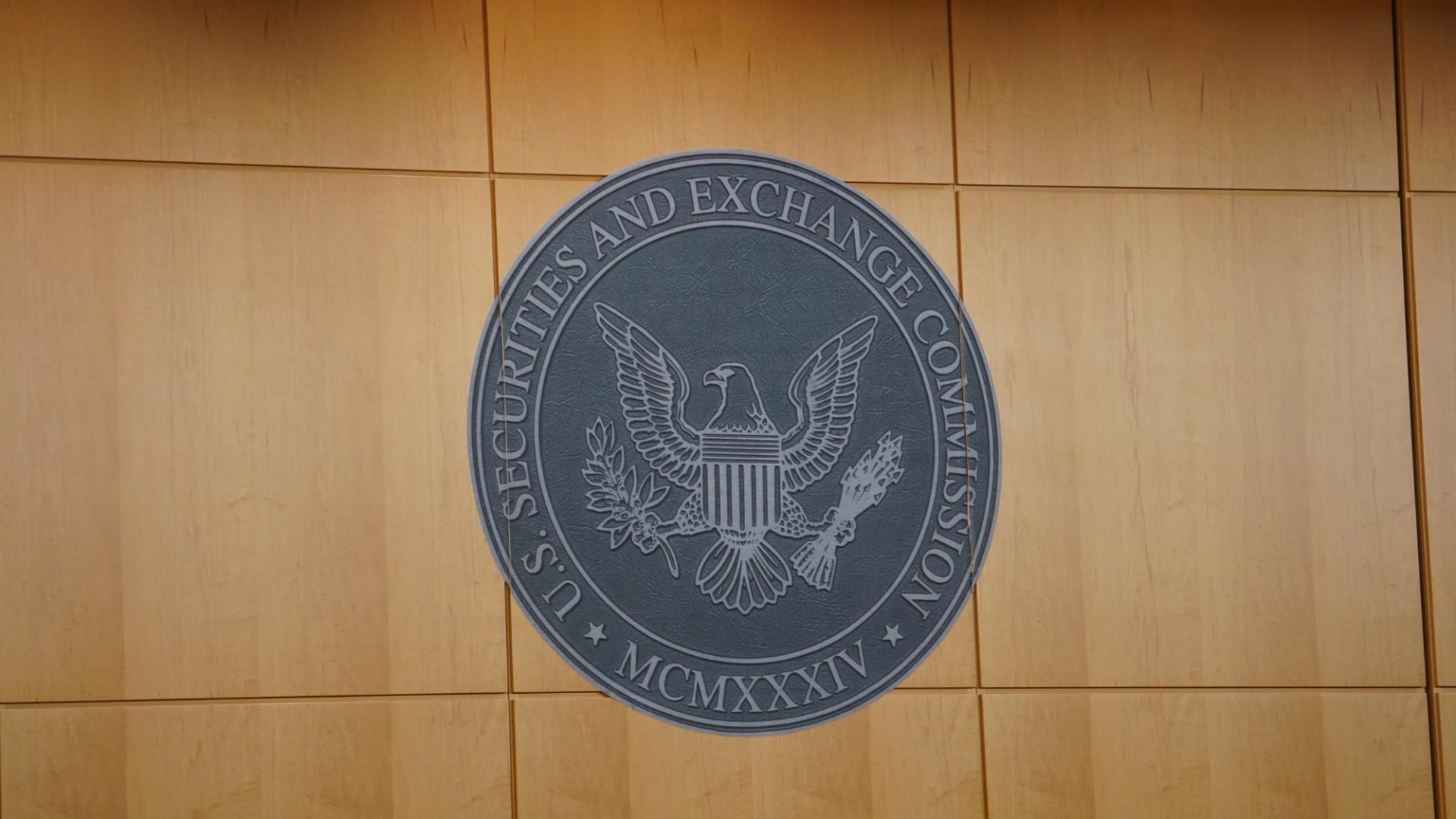The SEC’s Division of Company Finance issued a staff statement on Tuesday, declaring that correctly structured liquid‑staking protocols and their receipt tokens typically don’t represent securities beneath U.S. regulation.
This readability has led to modest upticks in token costs and protocol exercise. Lido’s governance token, LDO, rose by roughly 4.5%, from $0.88 to $0.92, earlier than retreating to help. Equally, Rocket Pool’s RPL token climbed 10.5%, reaching $7.28 from $6.59, earlier than additionally giving up some positive aspects.
DeFiLlama data reveals that complete liquid‑staking TVL stands at roughly $67 billion, with Lido dominating at $31.7 billion, sustaining a 47% market share. Regardless of the token value motion, inflows to staking protocols remained steady, with no important shift in capital rotation.
Liquid staking tokens and governance tokens tied to decentralized staking platforms skilled a measured constructive response. CoinGecko and DeFiLlama knowledge point out modest upward motion, with a number of tokens rising between 5% and 10%.
Slightly than sparking a torrent of inflows, the SEC’s clarification seems to have established baseline confidence. The ruling reinforces belief in decentralized staking fashions that beforehand fell in a regulatory grey space.
The SEC’s clarification was shortly praised throughout crypto authorized circles. Rebecca Rettig, a part of Jito’s authorized group, wrote on X that it was a “true group effort throughout ecosystems” and hinted that liquid staking tokens may very well be seen in ETFs.
Lido’s chief authorized officer Sam Kim added: “This can be a massive win for stakers since they’ll now take part in staking, get pleasure from liquidity, whereas sustaining possession of their staked belongings.”
The regulatory clarification might result in a wave of institutional capital, particularly because the DeFi race to capture the best yield continues to warmth up.
